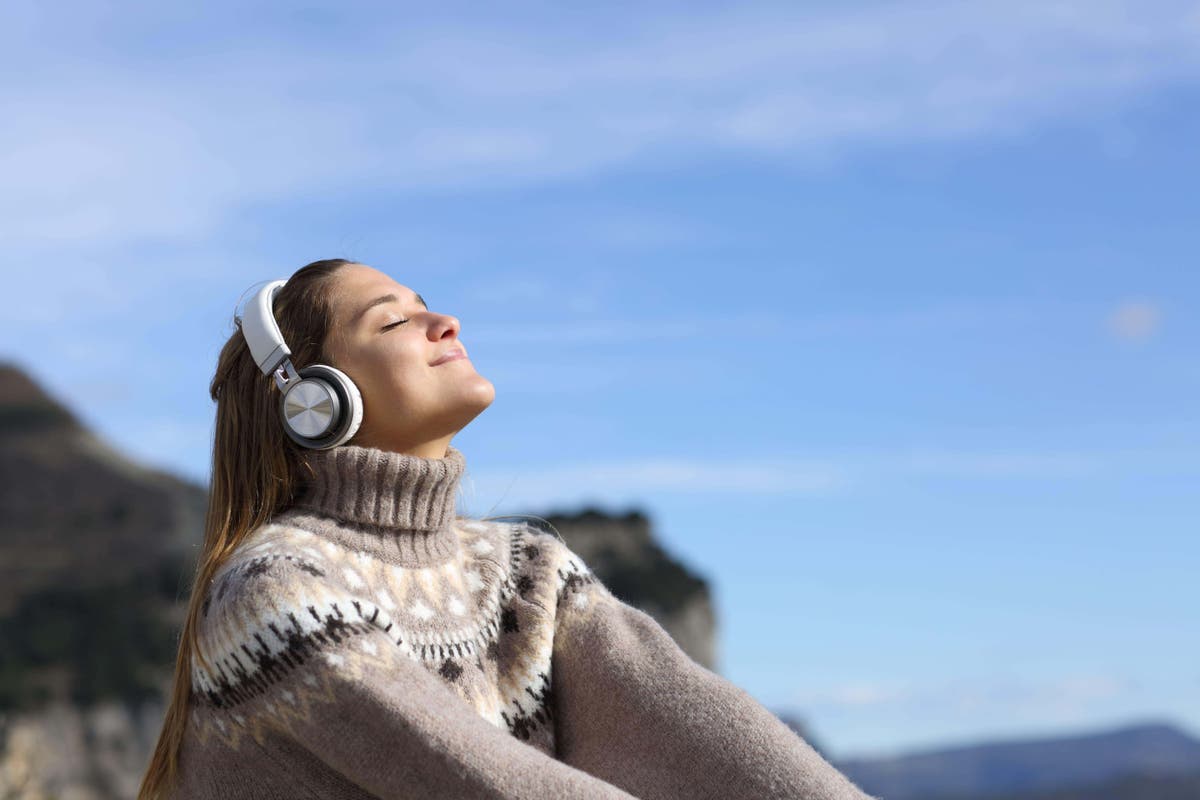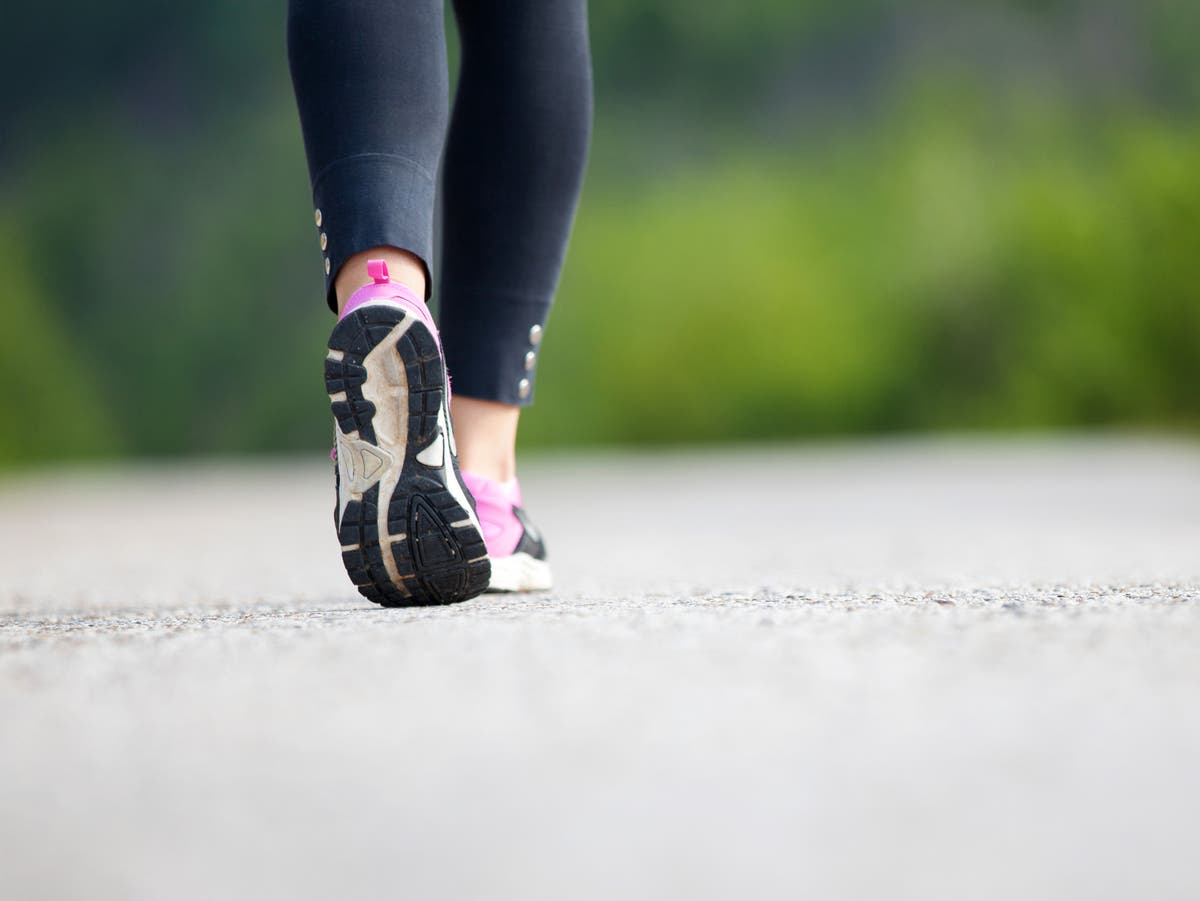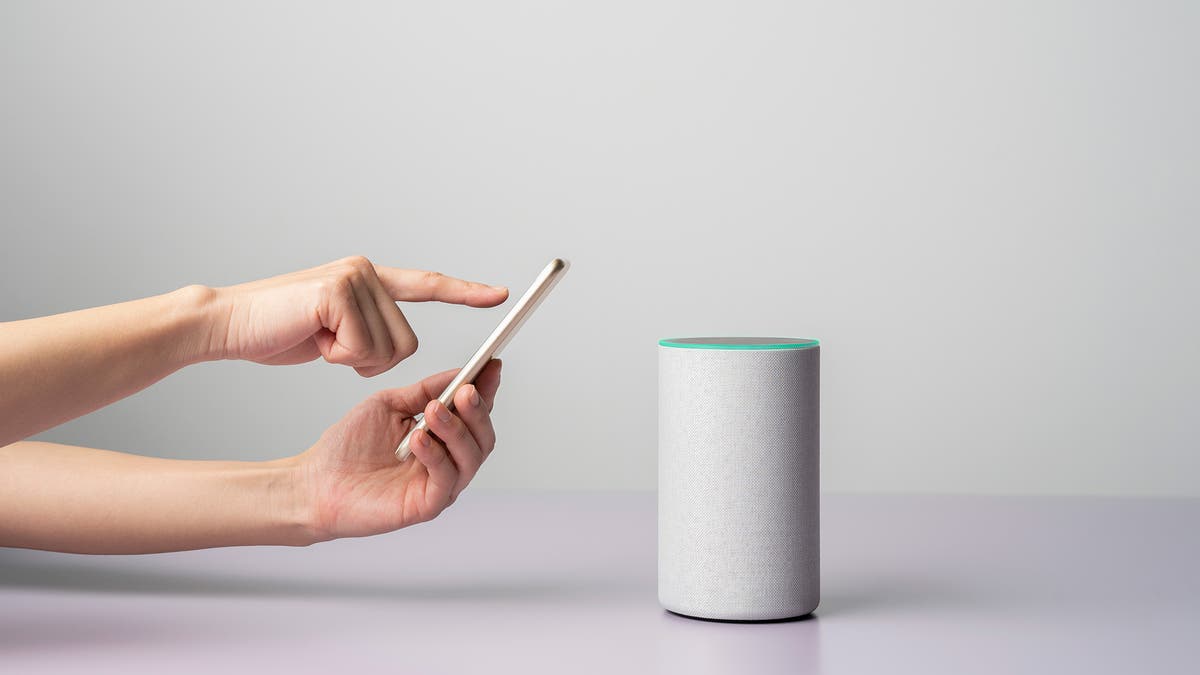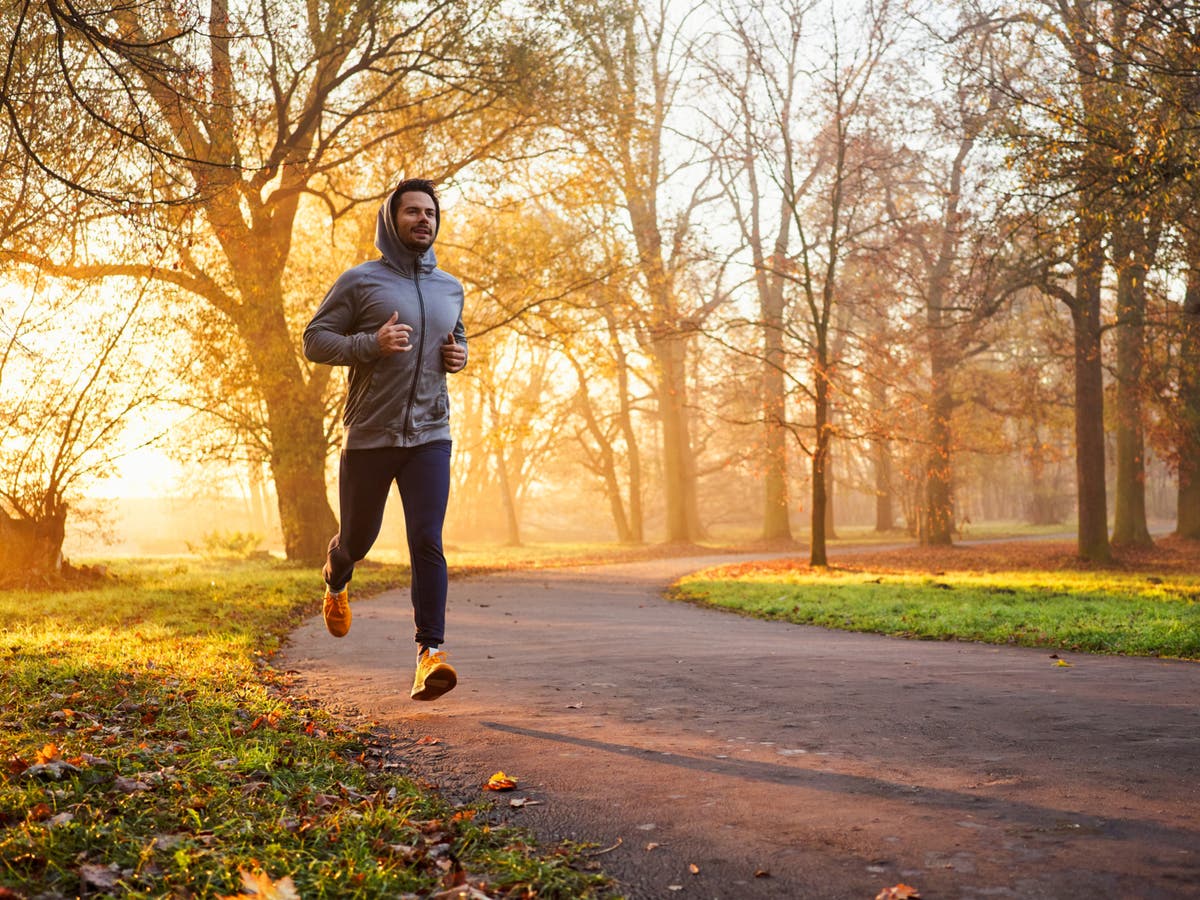A-listers may love their ayurveda, but panchakarma takes detox to a whole new level

The world is divided between those who scroll TikTok and those who don’t. The former, which includes me, will by now be very familiar with things like tongue scrapers, oil pulling and castor oil packs.
In between videos of women slathering castor oil on their hair, face and belly buttons, there are tutorials for fixing leaky guts, burnout and adrenal fatigue by doing a “panchakarma” detox.
During the pandemic, I became intrigued by these videos and have since discovered that these methods are rooted in ayurvedic medicine, an ancient teaching that is still widely used in India and Nepal.
While the TikTok crowd absorbed the toplines, the A-list set, Gwyneth Paltrow, Julia Roberts, Kate Hudson etc, began to hire ayurvedic “healers”.
Sundari, a beauty range co-founded by Christy Turlington, bases its products on ayurvedic principles that there are three types of “doshas” (energy): Vata, Pitta and Kapha, which roughly explain your temperament.
While its appeal is largely empirical and anecdotal, in practice many of today’s detox protocols copy panchakarma and some of our most powerful and effective herbs (turmeric, ginseng, ashwagandha) sometimes used for conditions such as autoimmunity and inflammation come from ayurvedic medicine.
The global market for ayurvedic products is projected to reach $26bn (£20bn) by 2032. This figure includes “product” such as castor oil packs, tongue scrapers (which remove bacteria formed at night) and oil “pulls” (oil gargled then spat out which is said to clear bacteria from the mouth).
All of these now form a core part of standard protocol used by many A-list wellness clinics and I’m already hearing about swanky new ayurveda clinics opening in Tyrol, which suggests that this is the next big new-old thing.
So could this ancient medicine help me? The pandemic left me with residual Covid symptoms which I have tried to cure with a succession of wellness clinics and every modern bio-hacking vessel in existence.
Some friends visit ayurvedic clinics in India in the winter, but I was more attracted to closer to home in Germany’s Rhineland – the Ayurveda Parkschlösschen. A woman I know said one visit had transformed her energy which was enough to persuade me to go and her to return.
Wes Anderson, if you’re looking for your next location, this is it. The massive buildings with their pointed gothic steeples read like an East German mental asylum circa 1952. My friend said it gave off “NHS care home vibes”, but you should know it has been recently refurbished and was spotless.
Originally used for the famous “kur” (there are natural springs all around), it was converted to an ayurvedic clinic after the owner, Wolfgang Preuss, experienced the benefits of his first panchakarma cure himself.
His focus is 100 per cent on the “medicine” side of things. If you come expecting the usual spa vibe with sheepskin rugs, waxed floors, flattering Danish lighting, fireplaces or seawater infinity pools you’ll be disappointed. But the rooms are generous, clean and comfortable (single duvets though – I didn’t like that).
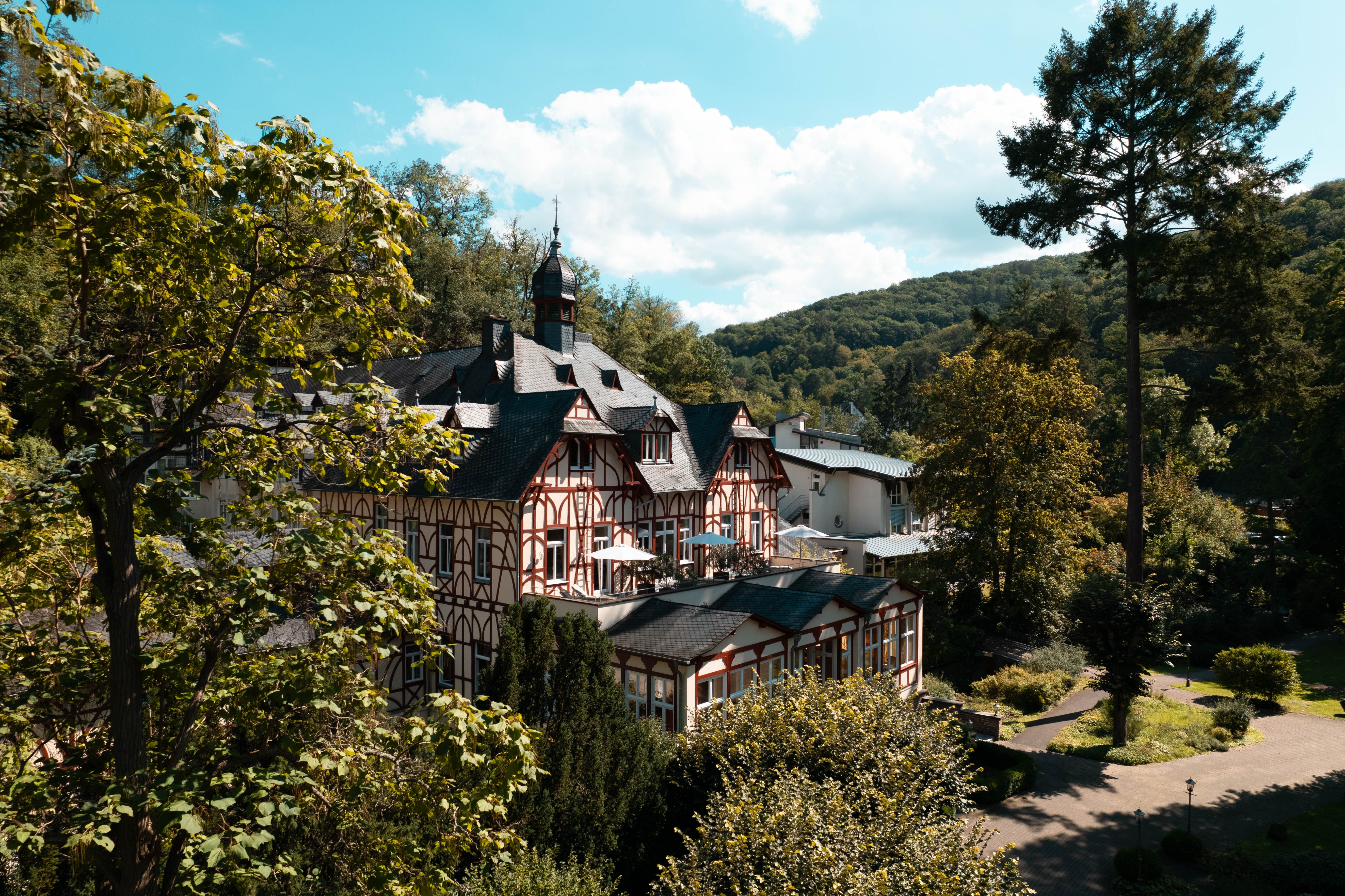
Those au fait with wellness clinics are used to daily schedules and competent Germanic attendants. But this is a whole new level. There were over 300 staff taking care of about 25 to 30 of us. Everyone works in twos: the masseurs, the waiting staff, even the cleaners.
This really matters when you realise you are getting double for your money. In some high-end spas massages end in 45 minutes, here they’re still at it after an hour and a half.
I came for the nine-day panchakarma detox, an all-inclusive programme. After an hour of morning yoga, I met with my “doctor” Kira Hündgen, a young amusing German woman dressed in black.
After a long consultation (lots of pulse and tongue checking), I was diagnosed with Vatta/Pitta (meaning I am prone to burn-out and digestive issues; all true). My prescription was for “calming”. For this, I was given several small bags of herbs – ashwagandha is a big part of this, along with their favourite amalaki from Indian gooseberry fruit (high in vitamin C) and guduchi (anti-inflammatory). Everything else was forbidden, including the coffee I snuck in. By 9pm that night, I was vomiting up the paracetamol I’d taken to fend off my throbbing head.

“Detox happens immediately here” I am told later, “and vomiting is not unusual” (in fact it’s part of the original cure, as are leeches). Then began the daily routine of synchronised four-hand massages with so much sesame and almond oil you could fill a swimming pool.
These were ritualistic and conducted in silence – an almost religious experience where I saw white lights before slipping into unconsciousness.
But how quickly you go from heaven to detox hell. This came on day three when I was given a disgusting warm ghee – aka clarified butter – which I was told penetrates deep into the tissue to nab toxins, but, in reality, made me want to vomit. These drinks replaced lunch, but having drunk the equivalent of a glass of butter, I didn’t have much appetite.
Then came the castor oil purge.
I was given not one, but two glasses to drink as well as a sheet to diagnose the subsequent violent bowel explosions (size, shape) which continued well into the evening. Day five is seen as the awakening.
We only have so much capacity for toxic load: eventually, the bucket overflows, which is where all of our health problems begin
By now I had effectively fasted for 24 hours since the castor oil day only includes a bowl of weak rice soup for dinner. And still, the treatment still wasn’t over. I had three days of ghee enemas to experience – the mostly German guests, mostly male, made nothing of all this.
I, on the other hand, was curious to know what an Englishman would think if he were told to turn over and prepare for a turkey baster full of hot butter.
The enemas were warm and soothing, designed to get the ghee (which carries the herbs) absorbed into the system via the bowel (the theory is that the body takes what it needs and the rest comes out in the toilet).
It wasn’t unpleasant per se, but this may have been down to the most extreme pampering that I have ever experienced (the staff seem to love their job despite the endless cleaning of soiled and oiled sheets).
Hydration (only hot water is allowed) is essential as are the two gentle, well-cooked vegetable-based meals (dessert comes first because sweetness apparently requires more digestion). There is no breakfast buffet here (your morning meal is porridge) but morning yoga is needed because it soothes the nervous system.
I feel light, but weak, which is ironic when you consider panchakarma is what ancient warriors did to strengthen their bodies. But on reflection, it does speak to the detox science we are currently dabbling with in the West. An increased understanding is that through fasting, the body can absorb nutrients better and repair itself more efficiently.
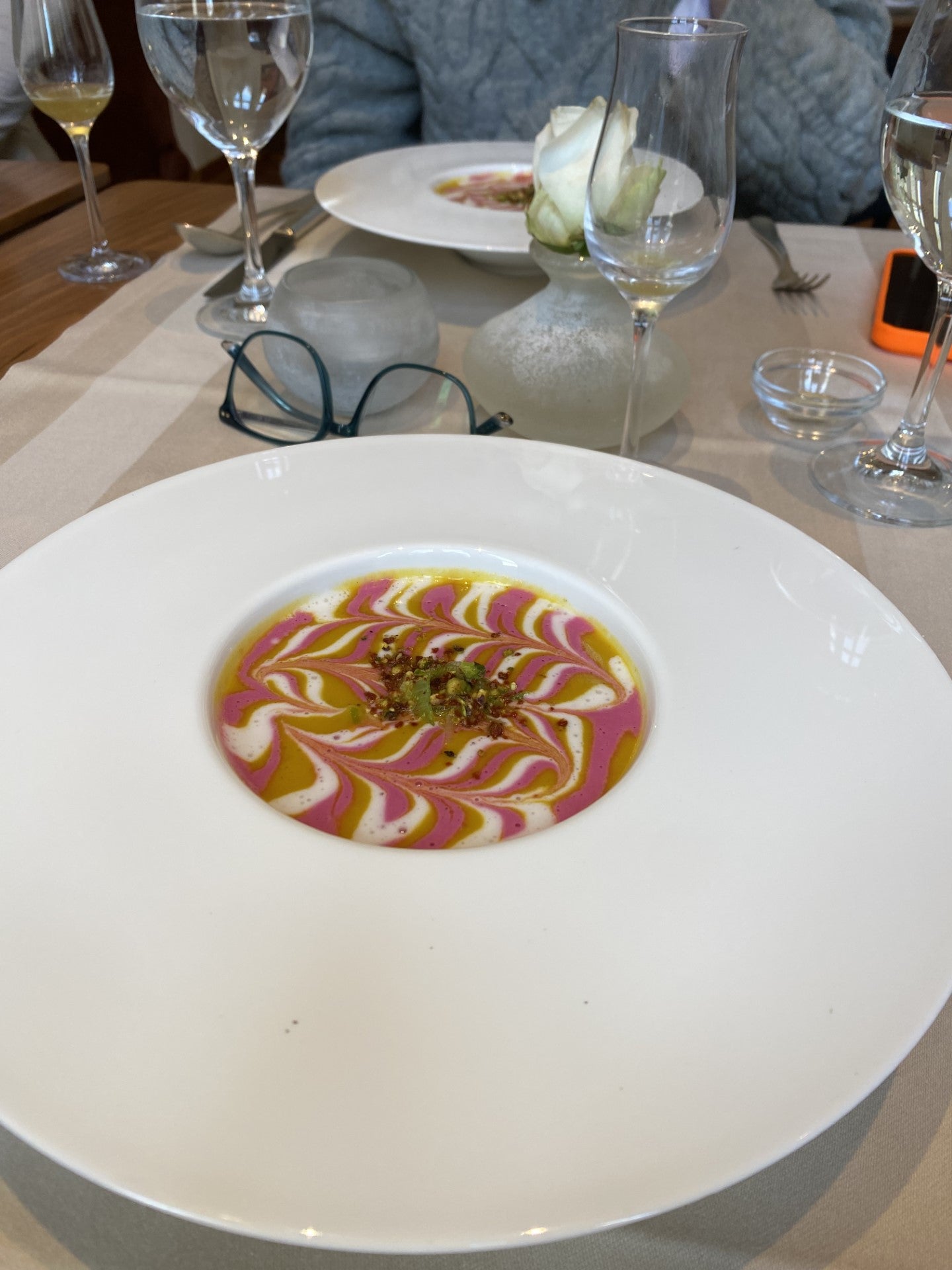
My time went by quickly. Between treatments, meals and evening lectures, you’re pretty busy (I only vomited on day one. After the purging on day three, my bowels stopped working completely which apparently was normal).
After my stay, I lost six pounds and my joints had stopped hurting. I was sent home with four pages of instructions specific to my “dosha”, which included not eating any dairy, cold or dry food, animal protein, gluten, dry crackers – anything really apart from porridge, vegetables and warm clarified butter.
Ideally, I was to remain on this very strict diet for two more weeks then incorporate a warm lunch heavy on vegetables and (healthy) grains and a very light dinner.
We only have so much capacity for toxic load: eventually, the bucket overflows, which is where all of our health problems begin. My stomach (for the first time ever) has rebelled on its own since coming home. I crave fruit, soggy sweet potatoes, avocado and dates (good for me they said – because my body needs the energy).
I have also been nursing a sore throat and swollen lymph nodes, which is not unusual given the shock my immune system has taken. It’s now about building my system back up.
Kira told me to listen to my body. “Stop with the supplements,” she pleaded (I was almost on 30 a day before this). She sent me home with only three (the same as I was prescribed in the clinic) to be taken with meals. “You’re allowed to be bad 20 per cent of the time,” she said. Bad in ayurvedic terms is a bit of ice cream and wine.
An average nine-day panchakarma “cure” for one person (single room) costs $6,275 (£5,038). As the only five star ayurveda hotel in Europe, guests come expecting a wellness holiday and freak out, but if it’s a complete physical reboot you’re looking for, you and Wes Anderson will be very happy. But please know, preparation is everything.
You can find out more about Ayurveda Parkschlösschen here
Source: Independent









